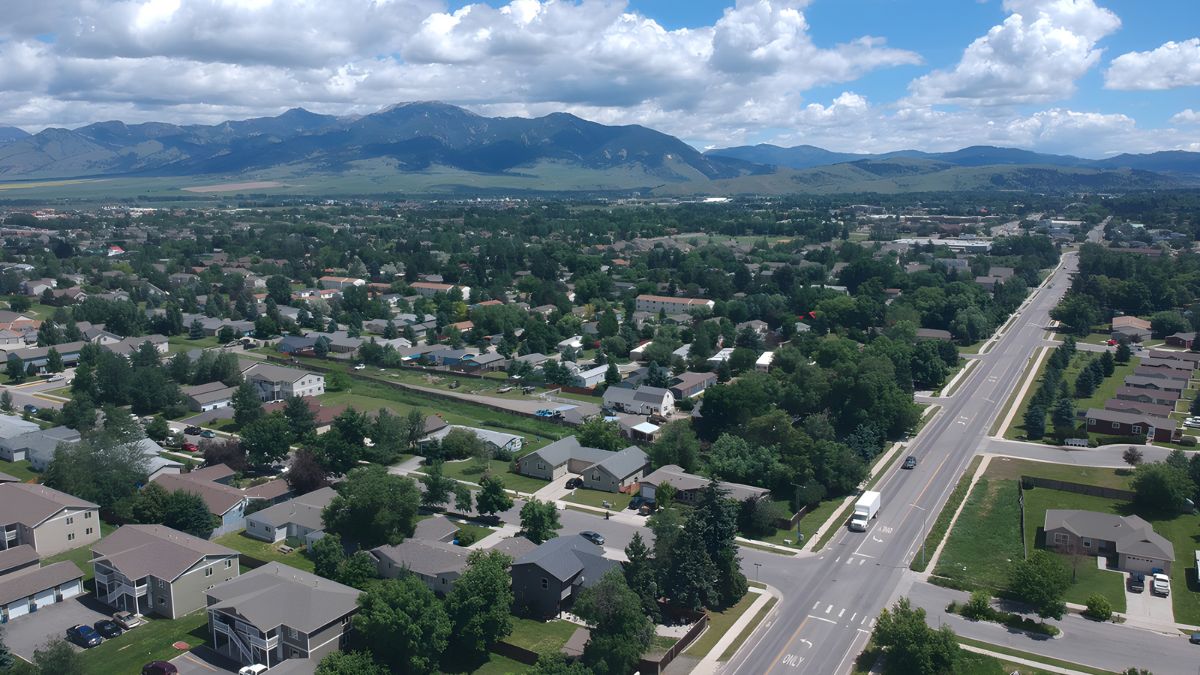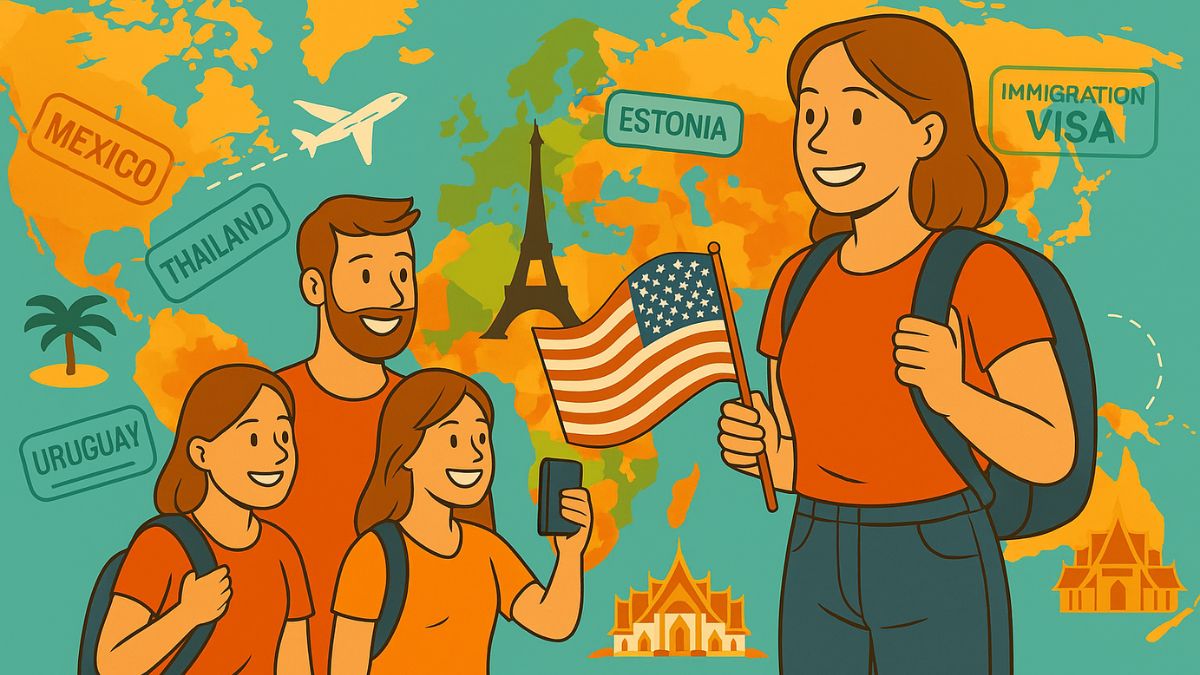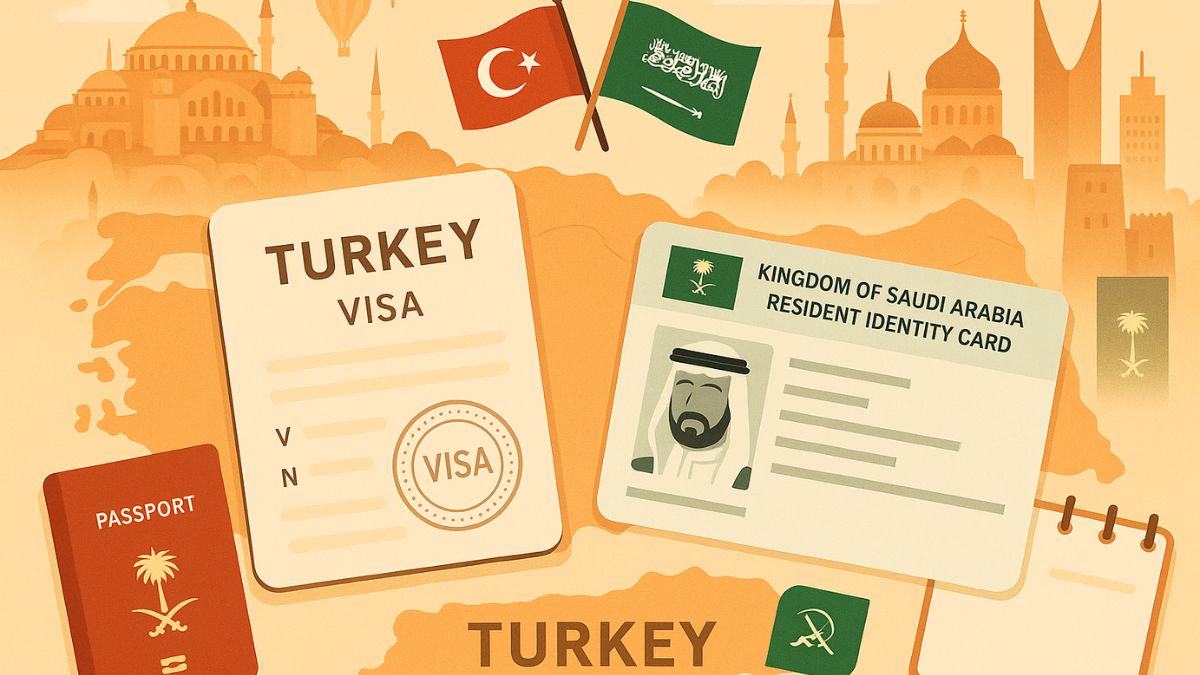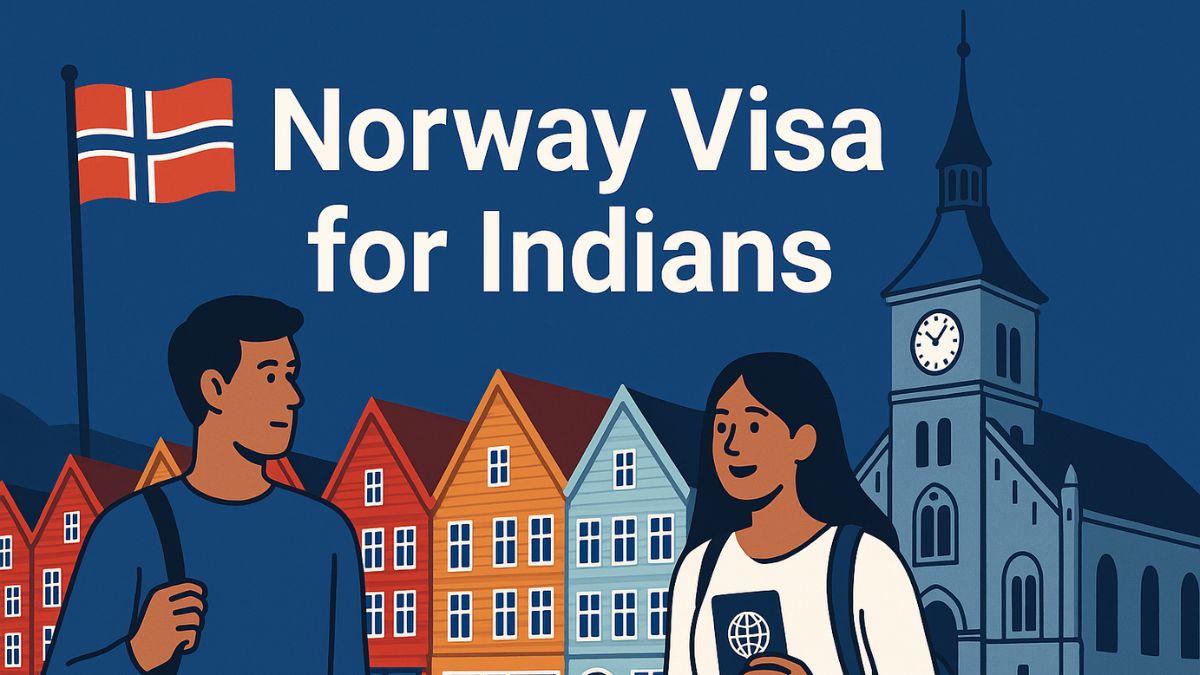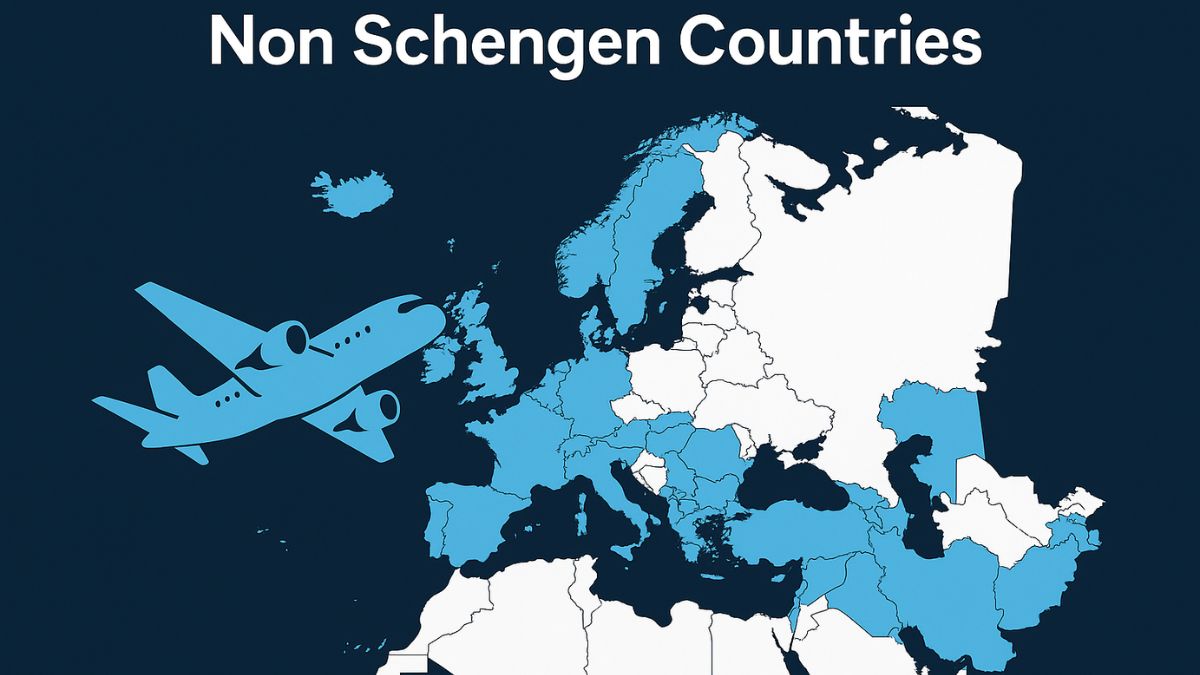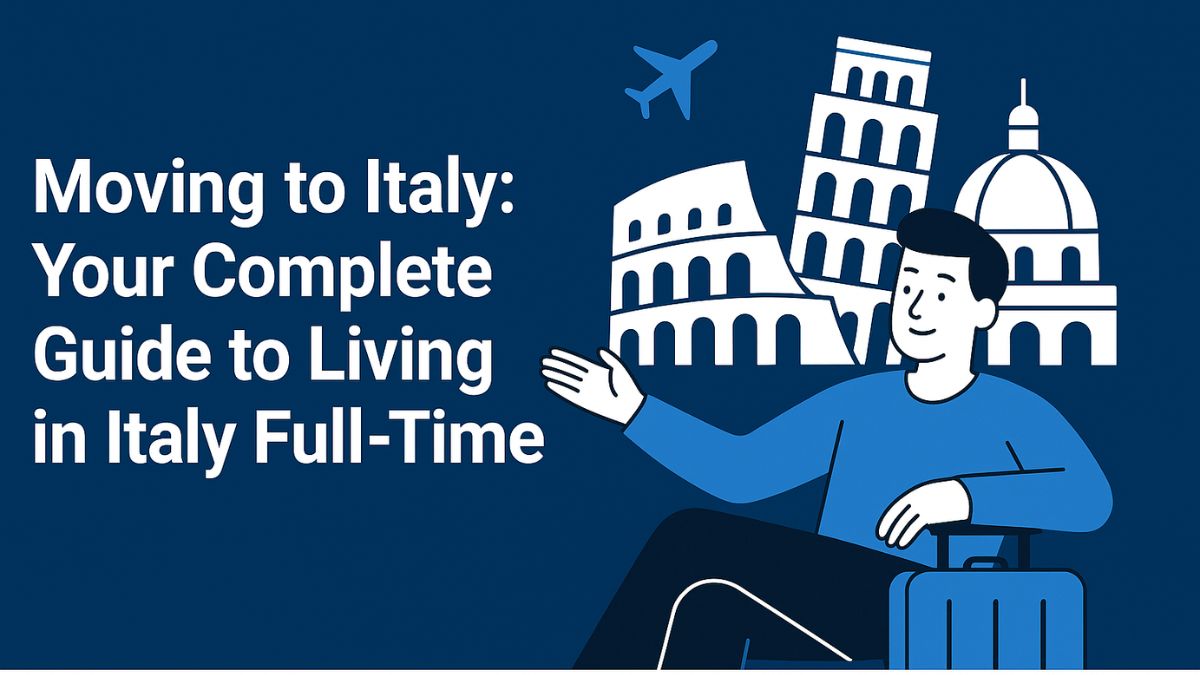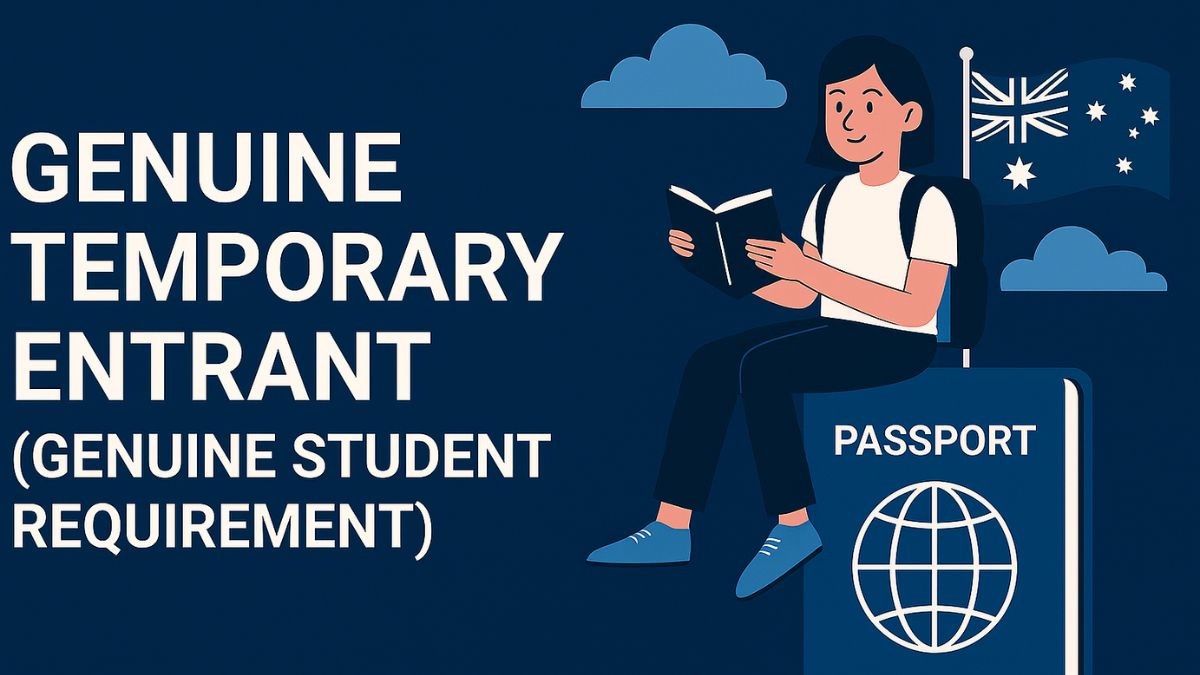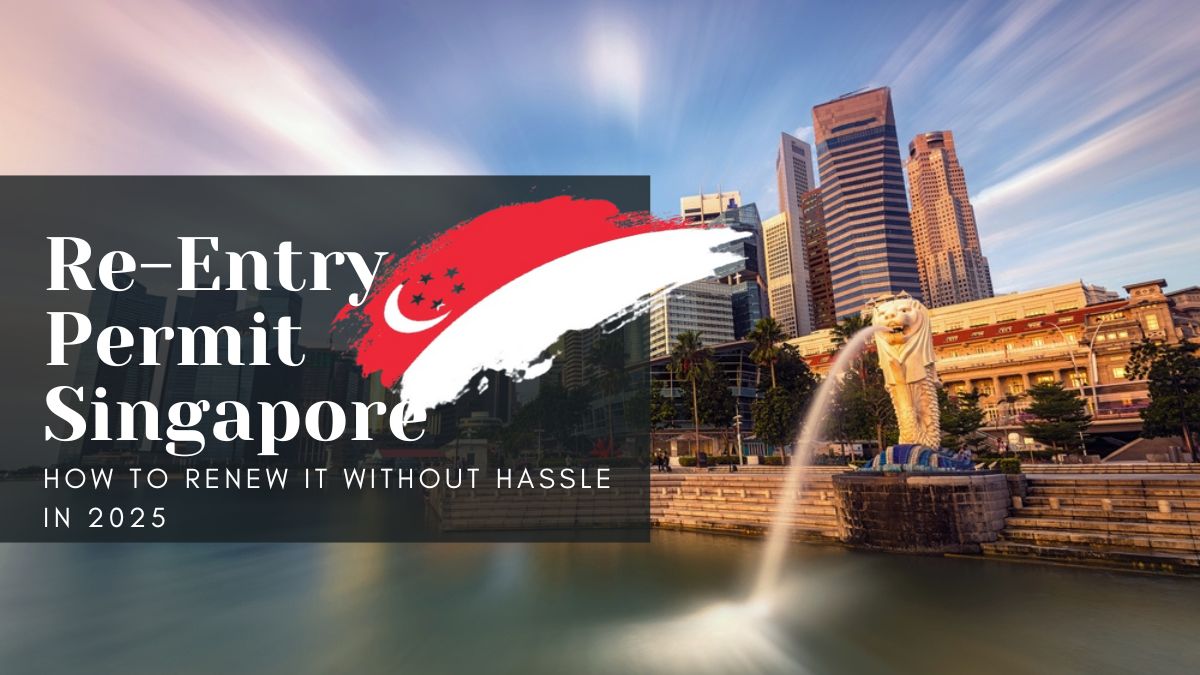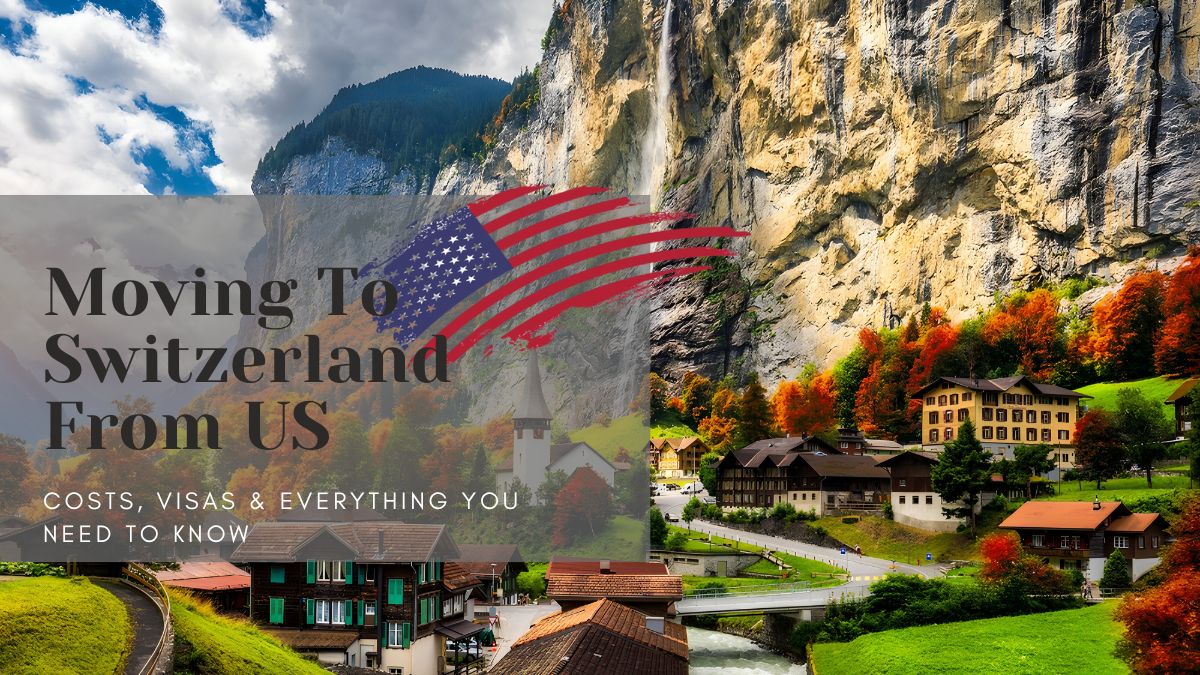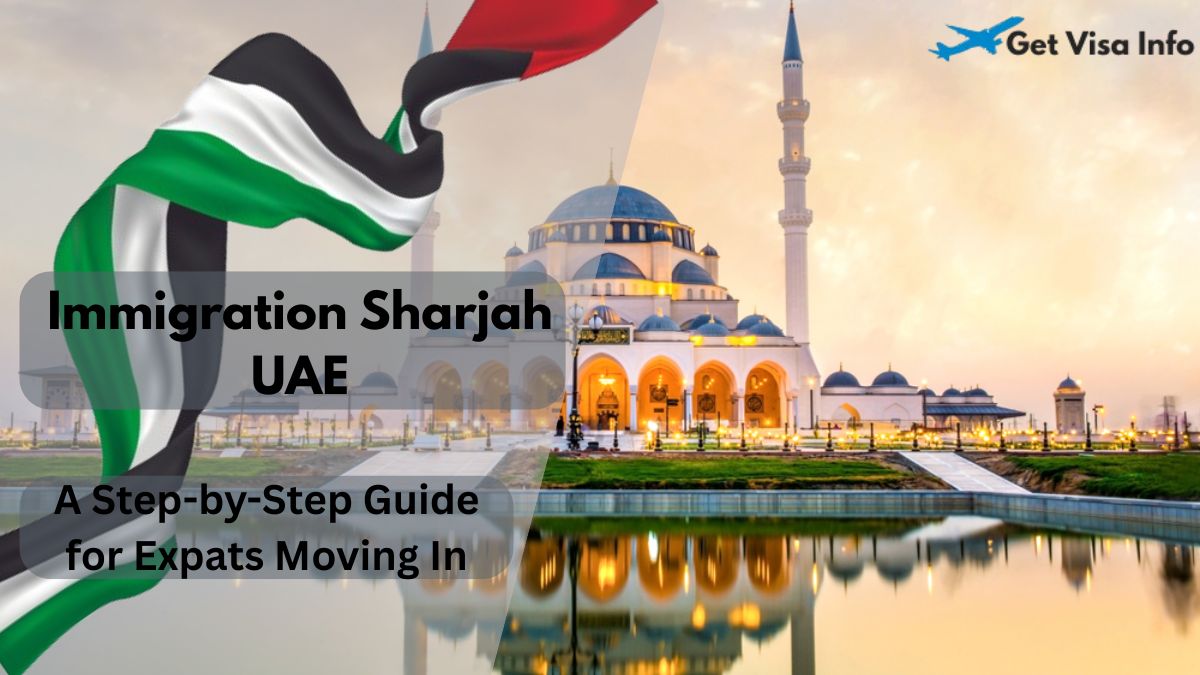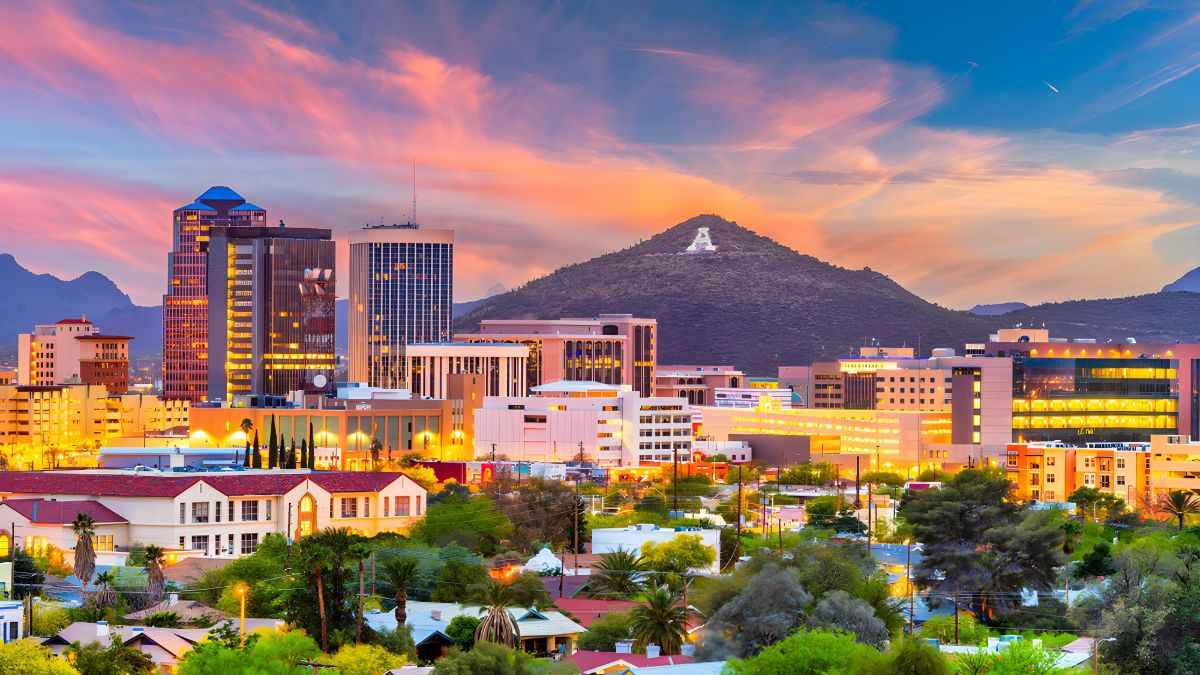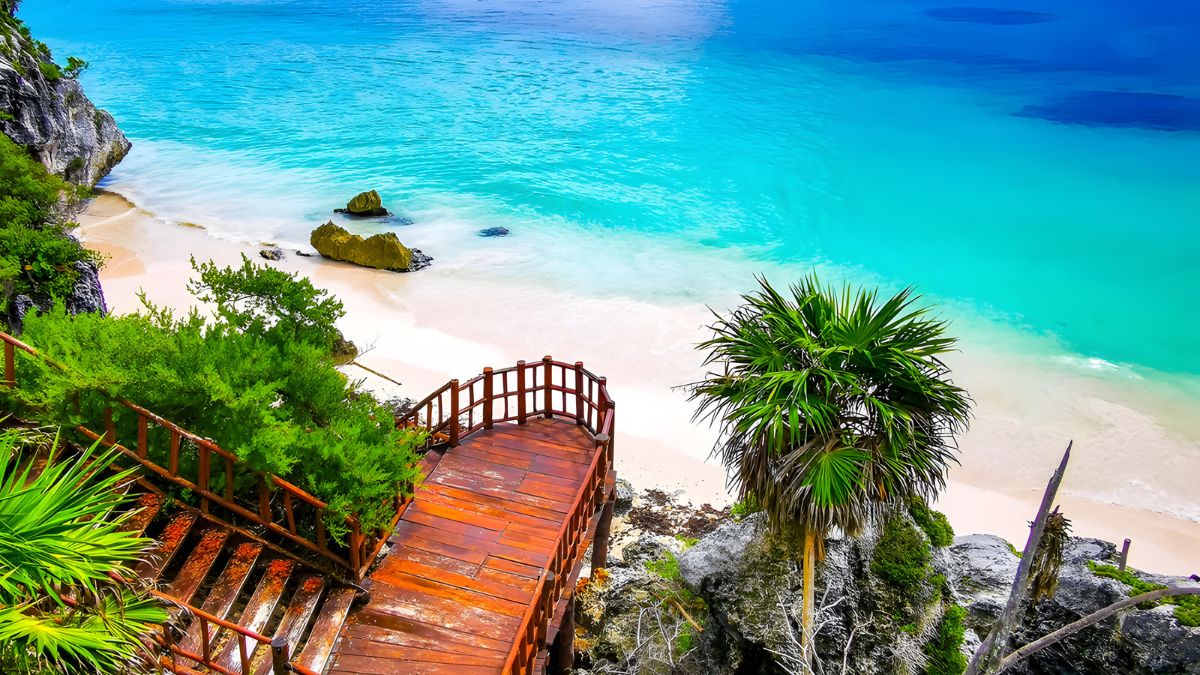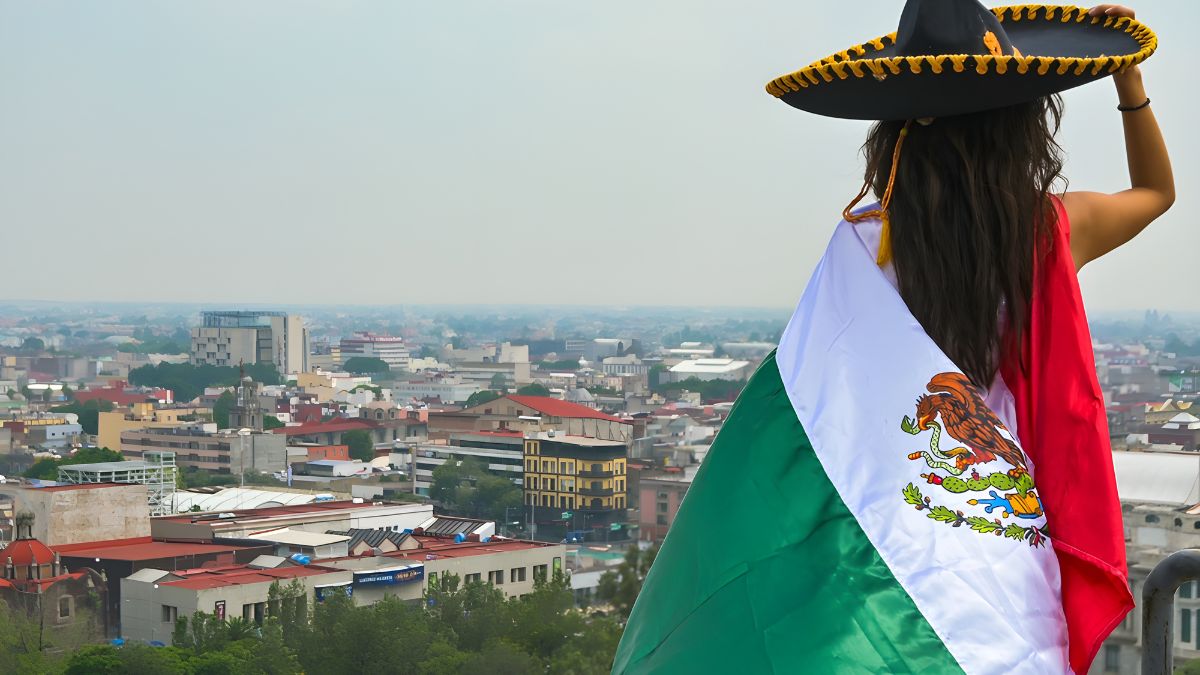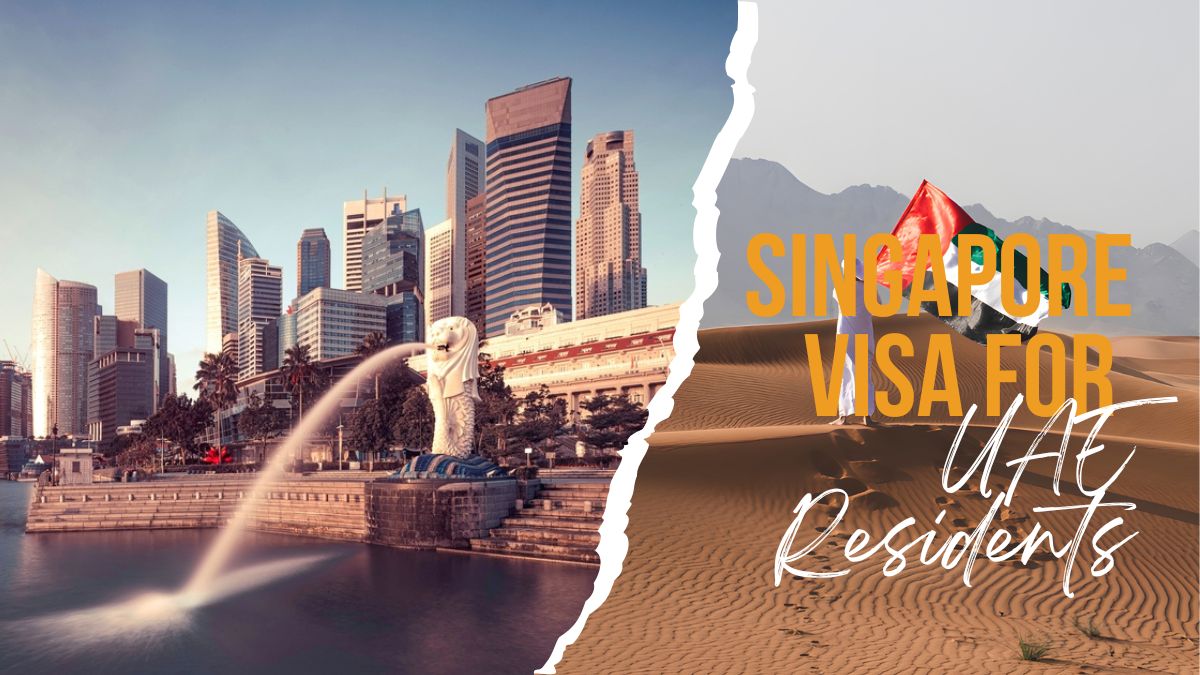
- April 3, 2025
- Heisenberg
- 0
Relocating to Switzerland is an exciting adventure, but it comes with its fair share of challenges. Whether you’re moving for work, study, or a fresh start, navigating Swiss life requires careful planning. Imagine waking up to breathtaking Alpine views, indulging in world-class chocolates and cheeses, and experiencing a society known for its precision, efficiency, and high quality of life. But before you can fully enjoy the Swiss lifestyle, there are crucial steps to take—securing the right visa, finding housing in a competitive market, understanding financial expectations, and adapting to cultural norms.
This guide is designed to help you prepare for life in Switzerland. Whether you’re wondering about health insurance, banking, or the cost of living, we’ve got you covered. By the end, you’ll have a clear roadmap for a smooth transition, so you can focus on making the most of your new Swiss adventure.
- Understanding Life in the Alps
- Visa & Residency Requirements
- Cost of Living & Financial Planning
- Banking & Taxes
- Housing & Accommodation
- Weather & Seasonal Preparation
- Transportation & Commuting
- Language & Communication
- Healthcare & Emergency Services
- Cultural Adaptation & Social Life
- Outdoor Activities
- Work & Business Environment
- Education & Schooling Options
- Food, Shopping & Local Cuisine
Table of Contents
ToggleUnderstanding Life in the Alps
Climate and Altitude
Living in the Swiss Alps means adapting to a mountainous climate characterized by cold, snowy winters and mild summers. The higher altitude can affect individuals differently; newcomers might experience altitude sickness initially but usually acclimate over time. It’s essential to be prepared for significant snowfall during winter months, which can impact daily routines and accessibility.
Urban vs. Alpine Living
While urban centers like Zurich and Geneva offer bustling city life with extensive amenities, alpine living is marked by tranquility and close-knit communities. The pace is slower, and while the natural surroundings are stunning, entertainment options may be limited compared to urban areas. As one resident noted, “The views are nice, but the reality is that there is nothing to do except for skiing and hiking. Nightlife is almost non-existent.”
Seasonal Variations
Seasons in the Alps are distinct, each bringing its charm and challenges. Winters are ideal for skiing and snowboarding, while summers offer excellent hiking and biking opportunities. However, heavy snowfall in winter can lead to road closures, and avalanche risks necessitate staying informed about local safety advisories.
Visa & Residency Requirements
Switzerland has a well-structured immigration system with different visa and residency requirements based on your nationality, purpose of stay, and duration of stay. Here’s what you need to know before making the move:
1. Do You Need a Visa?
- EU/EFTA Citizens: You do not need a visa to enter Switzerland. However, if you plan to stay for more than 90 days, you must register with the local authorities and apply for a residence permit.
- Non-EU/EFTA Citizens: You do need a visa for stays exceeding 90 days and must secure a residence permit before relocating.
2. Types of Swiss Visas
- Short-Stay Visa (Schengen Visa – Type C)
Designed for stays up to 90 days within a 180-day period, the Schengen Type C visa caters to individuals visiting Switzerland for purposes such as tourism, business, or short-term studies. Holders can travel within the entire Schengen Area during this period.
- National Visa (Type D)
For stays exceeding 90 days, the National Type D visa is required. This visa is typically issued for purposes including:
For those planning to live in Switzerland, several residency options are available:
- Work Visa:
- L Permit: Designed for short-term assignments, the L Permit allows foreign nationals to live and work in Switzerland for up to one year. It can be renewed or extended depending on the employment contract.
- B Permit: A residence permit valid for one year, renewable annually unless there are grounds for non-renewal (such as reliance on welfare benefits). Issued on a quota basis, the B Permit is typically linked to a specific employer and canton.
- C Permit: Also known as a settlement permit, the C Permit grants permanent residency after a period of continuous residence—usually 10 years for most non-EU nationals. However, U.S. and Canadian citizens may qualify after just five years if they meet certain integration criteria.
- Student Visa:
Students enrolling in Swiss educational institutions must obtain a residence permit before beginning their studies. The application typically requires:
- A valid passport or identity card
- Proof of university enrollment
- Evidence of sufficient financial means to support living expenses
- Proof of comprehensive health and accident insurance
- Retirement Visa:
Retirees looking to settle in Switzerland without employment must generally meet the following conditions:
- Be at least 55 years old
- Demonstrate sufficient financial resources to support themselves
- Have adequate health and accident insurance
- Reside in Switzerland for the majority of the year
- Show a personal connection to Switzerland, such as previous residency, family ties, or property ownership
- Airport Transit Visa
Certain nationalities require an airport transit visa when passing through Swiss airports without entering the Schengen Area. This visa permits travelers to transit through the international transit areas of Swiss airports.
- Working Holiday Visa
Switzerland has agreements with countries like Australia, Canada, and Chile, allowing young citizens (typically aged 18–30 or 18–35) to apply for a one-year working holiday visa. This visa enables holders to travel and work in Switzerland to support their stay.
- Residence Permits
Beyond visas, Switzerland issues residence permits for extended stays:
- Category L Permits: Short-term permits valid for up to one year, often tied to specific employment contracts.
- Category B Permits: Initial residence permits for longer stays, typically renewed annually.
- Category C Permits: Settlement permits granted after continuous long-term residence, allowing permanent stay.
Each permit type has specific conditions and eligibility criteria.
For comprehensive and up-to-date information, it is highly recommended that you consult official Swiss government resources or the Swiss embassy/consulate in your home country.
- Permit Ci: Residence Permit with Gainful Employment
This permit is designated for family members of intergovernmental organization employees or foreign representatives in Switzerland. It allows spouses and children up to 25 years old to reside in Switzerland and engage in gainful employment.
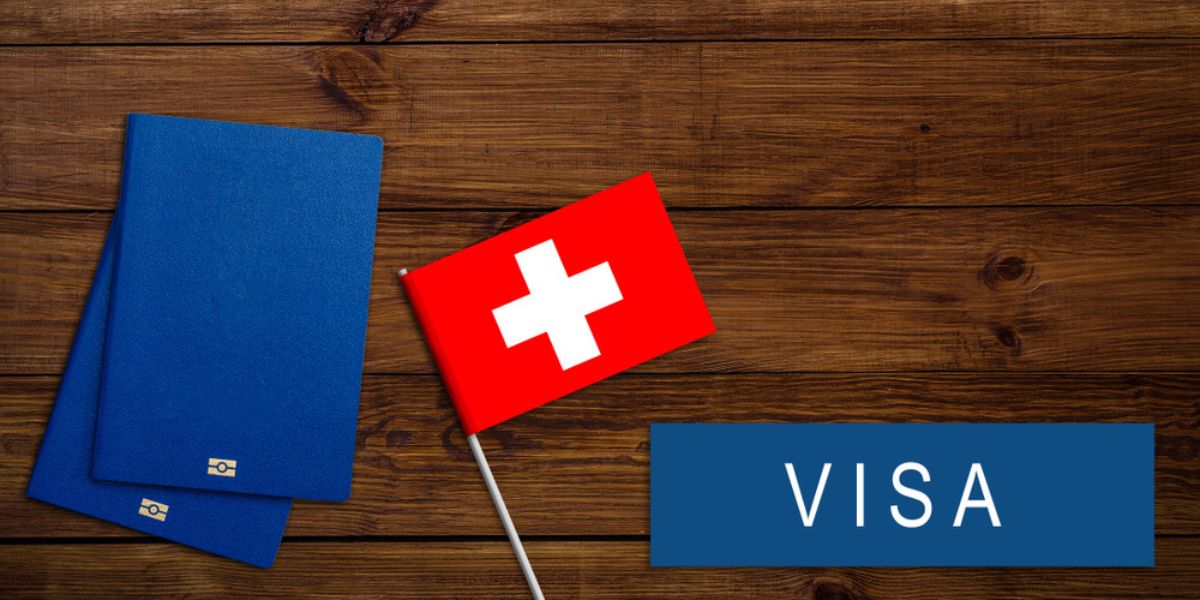
Cost of Living & Financial Planning
Overview of Expenses
Switzerland is well-known for its high cost of living, but expenses vary depending on the city, region, and lifestyle choices. Below is a breakdown of key financial considerations for residents and expatriates.
Housing Costs in Switzerland
Housing is one of the most significant expenses in Switzerland, with rental prices varying widely by location. Major cities like Zurich, Geneva, and Basel have some of the highest rents in the world, whereas smaller towns and rural areas, including Alpine properties, can offer lower prices but may come with limited accessibility and fewer amenities.
- Zurich: Rent for a one-bedroom apartment in the city center ranges from CHF 2,000 to CHF 3,000 per month.
- Geneva: The average monthly rent for a one-bedroom apartment in the city center is approximately CHF 2,007.
- Basel: A one-bedroom apartment in the city center has an average monthly rent of about CHF 1,158.
- Bern: The average monthly rent for a one-bedroom apartment in the city center is around CHF 1,190.
- Smaller towns & Alpine regions: Renting a one-bedroom apartment in these areas can cost between CHF 1,000 and CHF 2,000 per month, though public transport options may be more limited.
Please note that these figures are approximate and can vary based on factors such as the specific location within the city, the condition of the apartment, and current market conditions.
Grocery & Food Costs
Switzerland has some of the highest grocery prices in Europe, largely due to import taxes and a strong currency. Buying locally produced goods and shopping at discount supermarkets can help lower food expenses.
Average Monthly Grocery Costs per Person
- Basic groceries (milk, bread, eggs, rice, fruits, and vegetables): CHF 300–600
- Eating out (budget restaurants): CHF 20–30 per meal
- Dining in mid-range restaurants: CHF 40–80 per person
Supermarket Price Comparison
- Budget supermarkets: Aldi, Lidl (cheaper but fewer locations)
- Mid-range supermarkets: Coop, Migros (most popular but more expensive)
- Premium supermarkets: Globus, Manor (high-end selections with gourmet products)
Cost-Saving Tips
- Buy Swiss-made goods to avoid high import taxes.
- Shop at farmers’ markets for fresh produce at lower prices.
- Look for supermarket discounts (Migros Cumulus & Coop Supercard offer savings).
Banking & Taxes
Opening a Bank Account in Switzerland
Foreigners can open a Swiss bank account, but requirements depend on residency status. Some banks offer special accounts for expats and non-residents, but fees may be higher.
Required Documents
- Valid passport
- Swiss residence permit (B, C, or L permit for foreigners)
- Proof of income or employment contract
- Minimum deposit (varies by bank, typically CHF 100–1,000)
Best Swiss Banks for Expats
- UBS & Credit Suisse (Large international banks, widely available)
- PostFinance (Easier for expats, lower fees)
- Raiffeisen & Cantonal Banks (More local-focused, lower service fees)
Swiss Tax System
Switzerland has a decentralized tax system, with federal, cantonal, and municipal taxes. Your tax rate depends on income level, canton of residence, and marital status.
Average Income Tax Rates by Canton (Single, CHF 100,000 income)
- Zug: ~12%
- Schwyz: ~13%
- Zurich: ~22%
- Geneva: ~25%
Additional Taxes
- VAT (Value-Added Tax): 8.1% on most goods and services
- Wealth tax: Applies in some cantons based on total net worth
- Church tax: Mandatory in some cantons unless you opt out
Cost-Saving Tips
- Consider relocating to low-tax cantons like Zug or Schwyz if you’re a high earner.
- Optimize tax deductions (e.g., contributions to the Swiss pension system – Pillar 3a)
Housing & Accommodation
Finding a Place to Live
The housing market in Switzerland varies significantly between urban centers and alpine regions. When moving to the Alps, consider the following:
- Rental Market: Renting is common, but the process can be competitive. It’s important to start your search early.
- Buying Property: Purchasing property is an option, though there are restrictions for non-residents in certain areas.
- Temporary Accommodation: Consider short-term rentals while you get to know the area and secure long-term housing.
Weather & Seasonal Preparation
Preparing for Alpine Weather
Living in the Alps means adapting to a climate that can change rapidly. Here’s how you can be prepared:
- Winter: Invest in high-quality winter clothing, including insulated jackets, snow boots, and thermal wear. Ensure your home is well-heated and insulated.
- Summer: Even though summers are milder, temperatures can vary. Layered clothing is recommended.
- Emergency Kits: Keep an emergency kit with essentials in case of heavy snowfall or other weather-related disruptions.
Seasonal Activities
- Winter Sports: Enjoy skiing, snowboarding, and ice skating.
- Summer Adventures: Explore hiking, mountain biking, and paragliding.
- Local Festivals: Participate in seasonal festivals to immerse yourself in local culture.
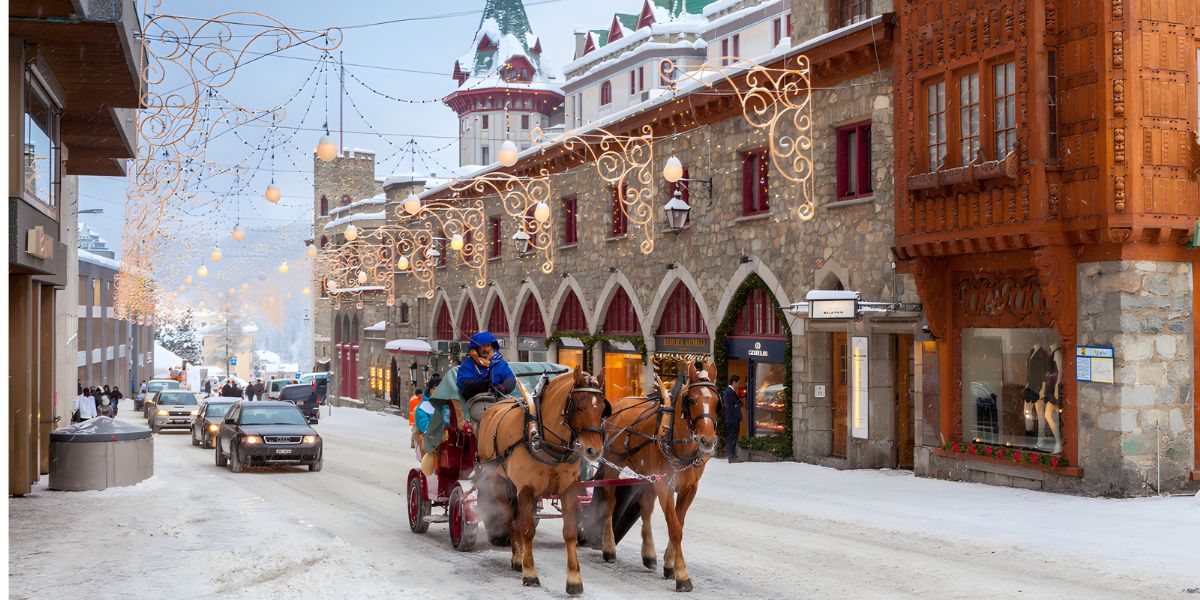
Transportation & Commuting
Navigating the Alps
Transportation in Switzerland is highly efficient, but the alpine terrain does pose some unique challenges:
- Public Transport: The Swiss public transportation system, including trains, buses, trams, and cable cars, is world-renowned. The Swiss Federal Railways (SBB) offers reliable connections between cities and remote alpine areas.
- Driving: If you prefer driving, be prepared for mountain roads. Winter driving requires snow tires, chains, and an understanding of local road conditions.
- Biking & Walking: In many alpine towns, biking and walking are viable options, especially during the warmer months.
Language & Communication
Embracing Multilingualism
Switzerland is home to four national languages—German, French, Italian, and Romansh. Your language needs may vary depending on your region of residence:
- German: Predominant in the Alps, particularly in central and eastern Switzerland.
- French & Italian: More common in other parts of the country, with some overlap.
- English: Although not an official language, it is widely spoken and understood, particularly in major cities and tourist areas.
Healthcare & Emergency Services
Navigating the Swiss Healthcare System
Switzerland boasts one of the world’s most efficient healthcare systems. Here’s what you need to know:
- Mandatory Health Insurance: All residents must have basic health insurance. Research and compare policies to find one that suits your needs.
- Local Healthcare Providers: Identify nearby hospitals, clinics, and pharmacies.
- Emergency Services: Familiarize yourself with the emergency numbers (112 for general emergencies, 144 for medical emergencies).
Cultural Adaptation & Social Life
Integrating into Swiss Society
Adapting to a new culture is one of the most enriching aspects of moving to Switzerland. Here’s how to blend in:
- Understanding Swiss Norms: Punctuality, discretion, and respect for personal space are highly valued.
- Community Involvement: Join local clubs, sports teams, or cultural groups to meet new people.
- Celebrating Traditions: Participate in local festivals, such as Fasnacht or regional cheese festivals, to immerse yourself in the culture.
Outdoor Activities
Embracing the Alpine Outdoors
One of the biggest draws of moving to Switzerland is the access to world-class outdoor activities. Whether you’re an avid skier or a nature lover, there’s plenty to do:
- Winter Sports: Skiing, snowboarding, and sledding are popular. Resorts like Zermatt and St. Moritz offer excellent facilities.
- Summer Adventures: Enjoy hiking, mountain biking, and even paragliding during the warmer months.
- Year-Round Activities: Explore local trails, join mountain clubs, or simply take in the breathtaking views with a leisurely walk.
Work & Business Environment
Navigating the Job Market
For those moving to Switzerland for work, understanding the local business environment is key:
- Employment Opportunities: Major industries in the Alpine regions include tourism, finance, and technology. Research job opportunities in advance.
- Work Culture: The Swiss work culture values efficiency, punctuality, and professionalism. Understanding these cultural nuances can help you succeed.
- Networking: Leverage professional networks such as LinkedIn and local business events to build connections.
Education & Schooling Options
For Families and Students
Education is a crucial factor for families and individuals moving to Switzerland:
- Public Schools: Switzerland’s public education system is excellent, but instruction is typically in the local language.
- International Schools: For expats who prefer an English-based curriculum, several international schools are available in major cities and some alpine regions.
- Higher Education: Switzerland is home to prestigious universities and research institutions, ideal for students seeking quality higher education.
Food, Shopping & Local Cuisine
Savoring Swiss Flavors
Switzerland offers a delightful culinary landscape, from hearty alpine dishes to international cuisine:
- Traditional Dishes: Don’t miss out on trying fondue, raclette, rosti, and Swiss chocolate.
- Grocery Shopping: Familiarize yourself with local supermarkets like Coop and Migros, which offer a range of local and imported products.
- Local Markets: Visiting local markets is a great way to experience the culture and purchase fresh produce.
Tips for New Residents
- Cooking at Home: Embrace local recipes and ingredients to adapt to your new environment.
- Dining Out: Explore local eateries and restaurants to understand regional variations in cuisine.
- Social Gatherings: Food is a great way to connect with locals. Attend community dinners or food festivals.
Conclusion
Living in the Swiss Alps is not just about changing your location—it’s about embracing a whole new lifestyle. Every aspect requires thoughtful preparation, from navigating the visa process and managing your finances to adapting to a different climate and culture. With the right planning and resources, you can successfully transition into a life full of adventure, community, and natural beauty.
As you prepare for your move, remember that knowledge is your best tool. Browse our blog for more expert tips, practical advice, and inspiring stories about living in Switzerland. Embrace the journey ahead and welcome the adventure of life in the Alps.







